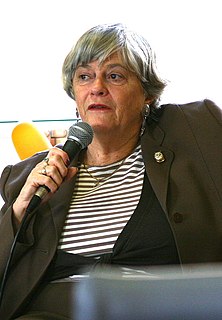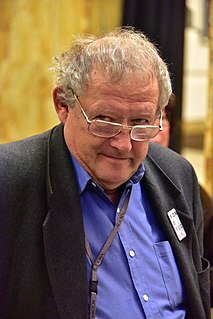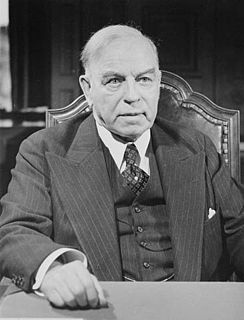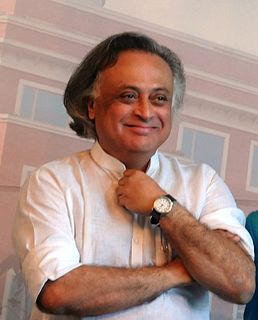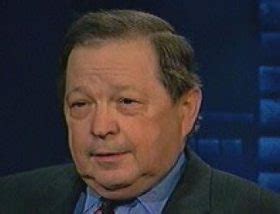A Quote by Amartya Sen
If the government is vulnerable to public opinion, then famines are a dreadfully bad thing to have. You can?t win many elections after a famine, and you don?t like being criticized by newspapers, opposition parties in parliament, and so on. Democracy gives the government an immediate political incentive to act.
Related Quotes
Famines are easy to prevent if there is a serious effort to do so, and a democratic government, facing elections and criticisms from opposition parties and independent newspapers, cannot help but make such an effort. Not surprisingly, while India continued to have famines under British rule right up to independence... they disappeared suddenly with the establishment of a multiparty democracy and... a free press and an active political opposition constitute the best early-warning system a country threaten by famines can have.
There were free elections in Bulgaria, where the opposition has just won. In a democracy, the government is a reflection of society because people are elected. Sometimes the type of person from the old machine, who is everything but an appealing figure, happens to win an election. But democracy applies to everyone, not just the noble and the clever.
To straddle the middle ground and win elections, we have to be in charge of the political agenda. This can only be done by not being beaten in the argument with our critics. They complain that I come down too hard on their arguments. But wrong ideas have to be challenged before they influence public opinion and make for problems. Those who try to be clever at the expense of the government should not complain if my replies are as sharp as their criticisms.
The people who started the American government, the founders of the Constitution, didn't like political parties but they were forced to start them. Nobody ever created political parties in England, they evolved. And there do tend to be two general tendencies that focus around how much government you think you need.
We have a democracy of elections to elections. After winning an election, the parties become brazen and arrogant. They would do all wrong things and if you question them, they would say - why don't you change the government next time? But that would be five years later. What do I do right now? I am suffering right now.
Elections in India are not contests between personalities. They are ultimately battles involving political parties; promises and pledges that political parties make; the vision and programmes that political parties bring to the table. So although, Modi's style is 'I, me, myself,' I don't think 2014 elections as a Modi versus Rahul contest.
Thomas Jefferson despised newspapers, with considerable justification. They printed libels and slanders about him that persist to the present day. Yet he famously said that if he had to choose between government without newspapers and newspapers without government, he would cheerfully choose to live in a land with newspapers (even not very good ones) and no government.




